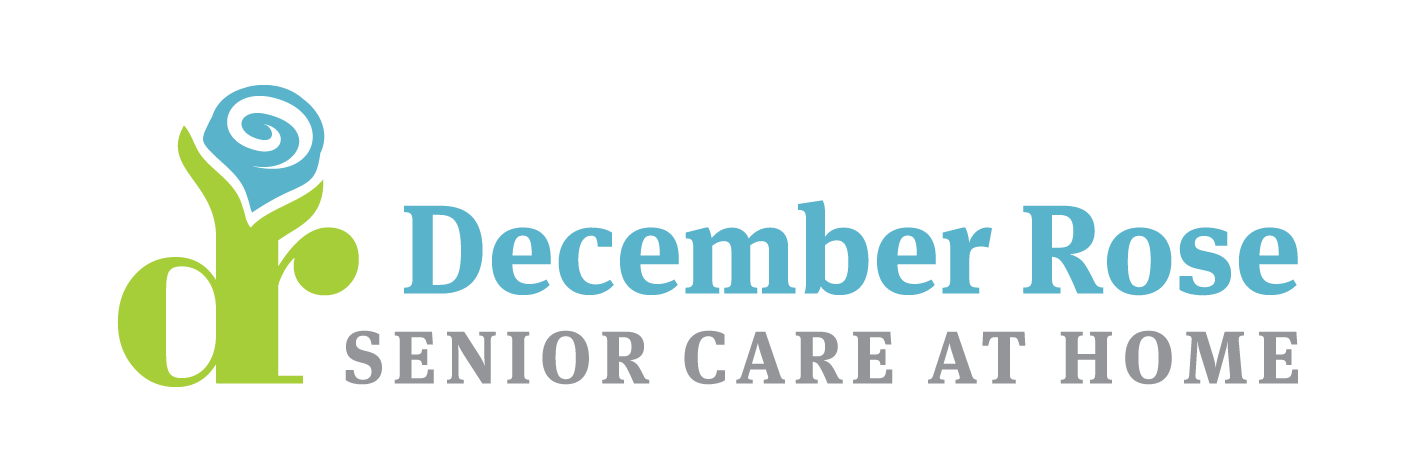Elderly Eye Exams Are Important for Overall Health

Homecare in Provo UT: Senior Eye Exams
Too many elderly people avoid going in for routine eye exams for one reason or another. Some don’t want to bother when they don’t think anything is wrong, while others may not want the hassle or additional expense. When elderly people depend on a family caregiver to help them set up appointments and home care aides to transport them, it becomes the family member’s responsibility to ensure that their aging loved one gets an annual eye exam.
But why are annual eye exams important for elderly people? Everyone needs regular monitoring of their eye health, but seniors are more likely to develop problems with the eyes that can affect overall health or even lead to blindness. Many of these conditions can be prevented, but only when they are diagnosed and treated early on. That’s why it’s so important for family caregivers to make arrangements for regular eye exams.
Eye Exam vs Vision Screening
Eye exams are different than basic vision screenings, which simply assess how well someone can distinguish letters or objects from a distance. A true eye exam is performed by a licensed eye doctor and looks at a person’s vision as well as their eye health. Elderly people should never take chances with their eyesight and should get an annual eye exam, or more often if they experience certain vision problems.
When it’s time for that eye exam, the eye doctor will get some information about the elderly person’s health as well as any family history of eye diseases. They will also ask about any eye problems that the elderly person may be experiencing. The eye doctor will use an eye chart to see how well the patient’s distance and near vision is. Using different equipment, the eye doctor can also check for astigmatism, presbyopia and other vision challenges. If the elderly person wears corrective lenses, they may need a new prescription if things have changed.
What will the doctor look for?
When it comes to evaluating eye health, eye doctors look for several different things. They will do a fluid pressure test using a puff of air to detect early signs of glaucoma. They will also look for any development of cataracts, detached retinas, macular degeneration and more. It’s important for them to make sure the eye muscles work properly and that they are working together well. Interestingly, an eye doctor can also get clues as to other health conditions elsewhere in the body based on what they can see in the eyes. For example, they may be able to detect signs of high blood pressure or diabetes. In that case, the eye doctor would refer the elderly patient to their physician.
How can a caregiver help?
Family caregivers have the responsibility to ensure that their elderly loved ones aren’t shortchanged when it comes to attending an annual eye exam. If transportation is an issue because of the eye doctor’s office hours, then recruit a family member or call upon a home care agency to help get the elderly person to their appointment. It’s not worth taking chances with an elderly loved one’s eyesight, so family caregivers should make it a priority to schedule an annual eye exam right away..
If you are considering hiring homecare in Provo, UT, please talk to the friendly staff at December Rose Senior Care at Home.
Providing Home Care in Highland, Utah and Surrounding Communities. 801-427-ROSE (7673)
Source:
http://www.webmd.com/eye-health/vision-problems-aging-adults#1
- What to Do After Your Loved One Has Been Diagnosed with Dementia - February 21, 2020
- Risk Factors for Alzheimer’s Disease - February 5, 2020
- The Main Reasons Why Family Caregivers Don’t Get Enough Sleep - January 22, 2020

